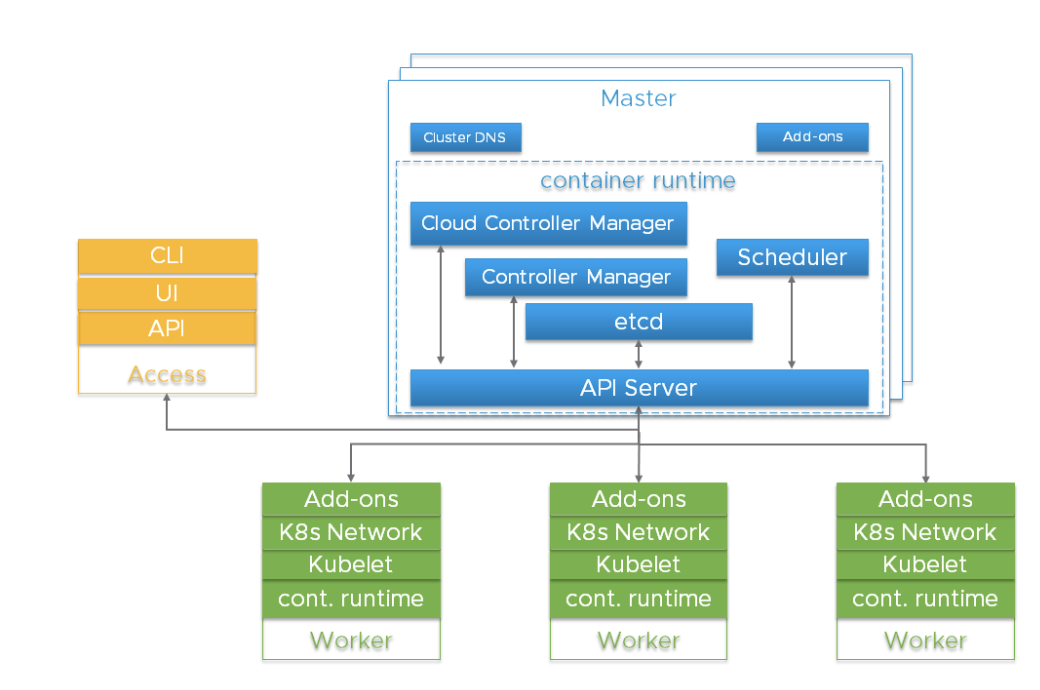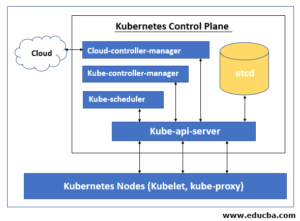

Provide auto-scaling – An operator with domain-specific knowledge can recognize when the configured replica count is too low to comfortably serve current traffic and spin up new instances to maintain performance.Installing custom resources – Operators will add the app’s custom resources to the Kubernetes API server, preparing the cluster to host the workload.This significantly reduces the maintenance burden for ops teams.
WHAT IS KUBERNETES CONTROLLER MANAGER INSTALL
Automatic version upgrades over time – Operators are often capable of automatically applying cluster changes to install new app updates as they become available.Automatic monitoring and alerting – Operators usually know when their applications aren’t working properly and generate appropriate alerts.In general, you can expect an operator to offer some of the following features: What Are Operators Used For?Īs operators are domain-specific, each one will include different functionality. Those actions will assemble a functioning install of the app that matches the state defined in the config resource. The operator uses its knowledge of the application to convert that data into specific actions in the cluster. You typically configure operators by providing config data in a custom resource. An operator is simply a specialized controller that uses custom resources to move a specific application into the correct user-defined state.

The operator concept provides a way to monitor these applications using the same principles as regular controllers. The term was originally coined by CoreOS but has now been adopted more broadly by Kubernetes too. Operators implement the controller pattern, meaning they move the cluster towards a defined state, but they possess some extra characteristics too. What About Operators?Īn operator is a specialized form of controller. Individual controllers will have unique purposes and traits but they’ll always be monitoring your cluster’s objects or configuration. In Kubernetes, controllers are just a pattern for implementing automated control loop functionality.

You could have a controller that automatically deletes Pods with an eligible-for-autodelete annotation. An active controller will effect necessary actions itself passive ones will communicate changes to other components or the cluster API server.Īs the role of a controller is intentionally abstract, they have no common functionality beyond their monitoring of specific objects. What Makes a Controller?Ī controller is anything inside your cluster that tracks at least one other Kubernetes resource type. They take charge of nested objects to maintain a user-defined replica count. Everyday Kubernetes resources you define in your manifests can be controllers: Deployment, ReplicaSet, and similar examples meet the definition of a controller. Some act at the cluster level whereas others manage your workloads. Several kinds of controller exist within the ecosystem.


 0 kommentar(er)
0 kommentar(er)
